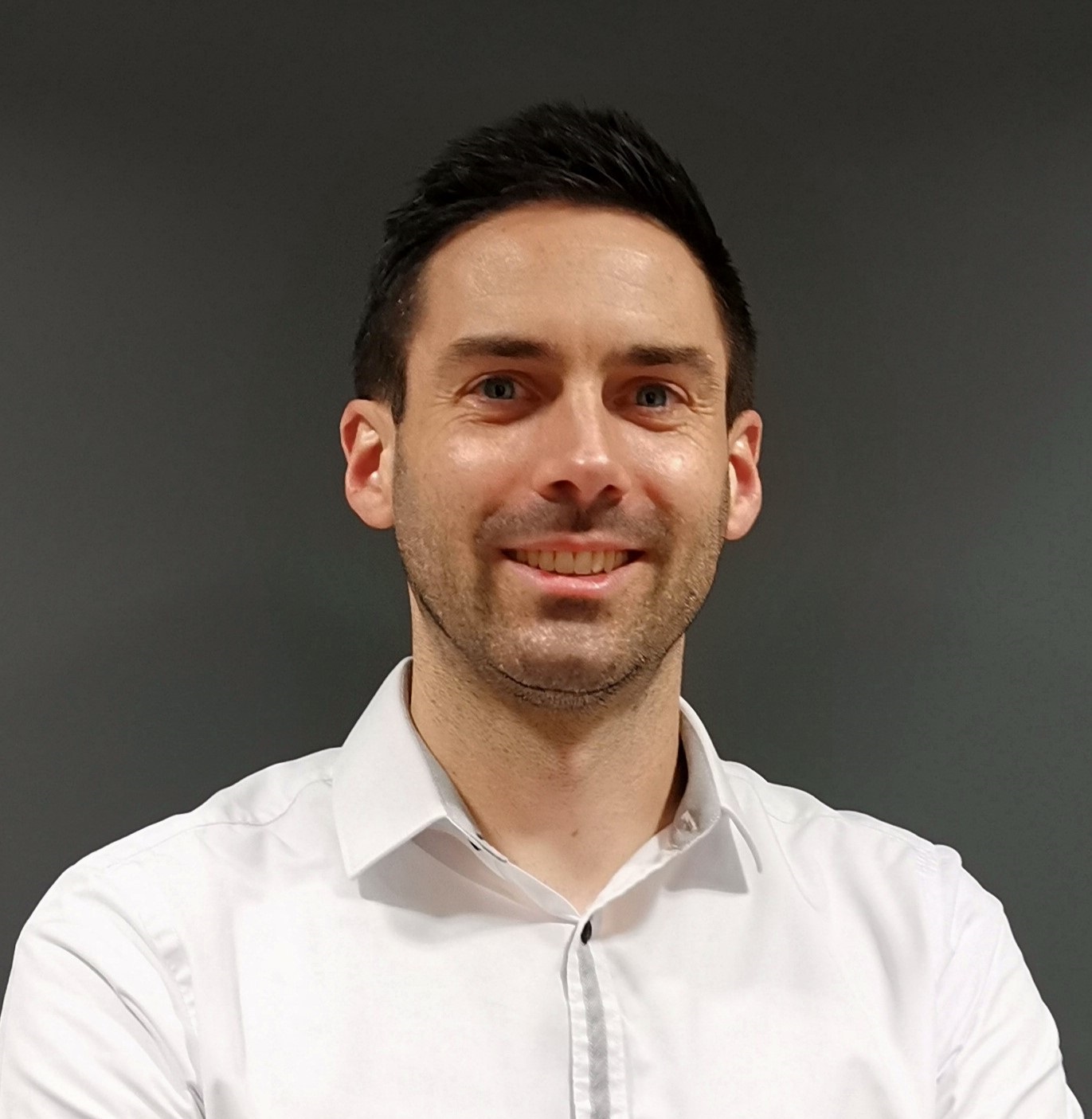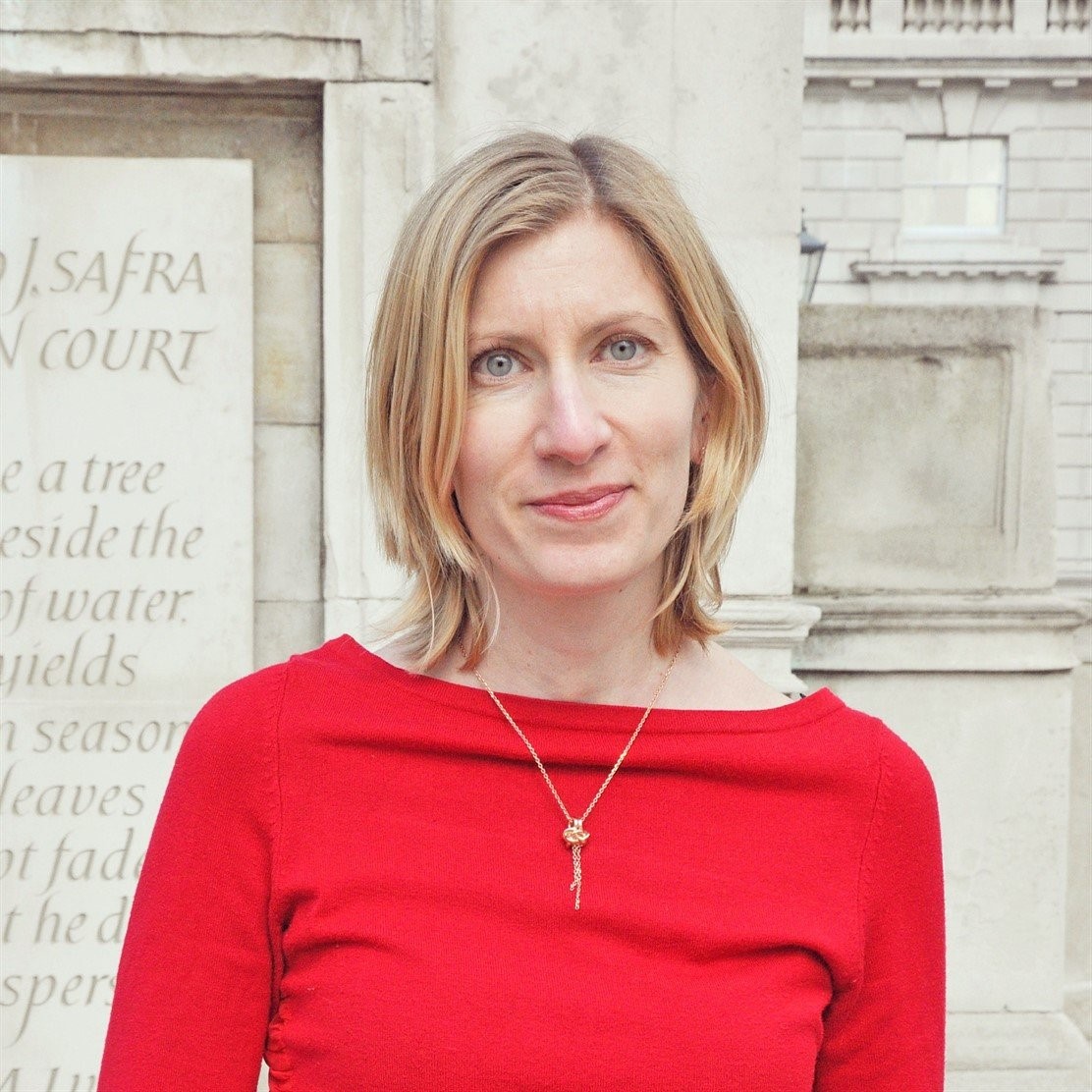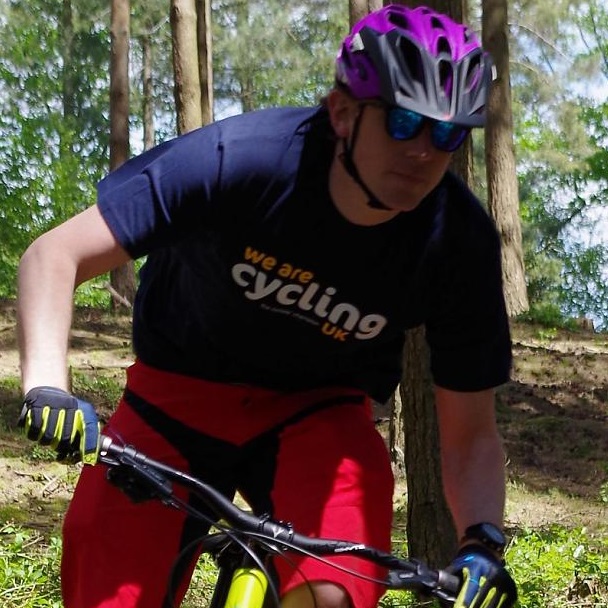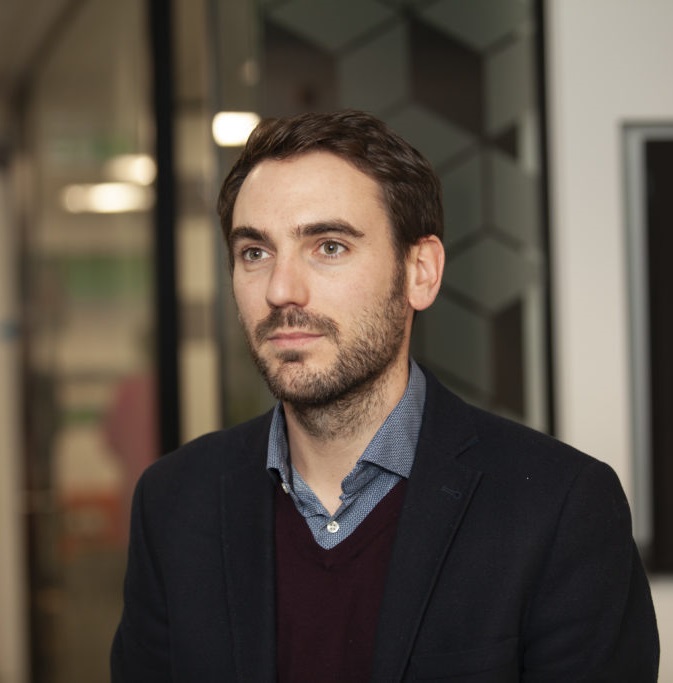Interviews

Neale Kinnear, TRL
Neale Kinnear is Head of Transport Safety and previously Head of Behavioural Science at TRL, a a global centre for innovation in surface transport and mobility.
Can you tell us about behavioural science at TRL?
We are a very unique organisation in that it has so many disciplines under one roof. You’ll find software developers who develop systems used by cities all around the world, and engineers who’ve helped design safety equipment and signs you see in our vehicles and on the roads...

Saskia Restorick, Hubbub
Saskia Restorick is Director at Hubbub, a charity and social enterprise that aims to bring about positive environmental change through creative campaigns.
Can you tell us a bit about the methods hubbub use when designing a behaviour-driven campaign?
I think one of the ways we perhaps differ from other environmental organisations is we've employed a lot of designers who use design thinking. This involves starting with the people...

James Scott, Cycling UK
James Scott is Director of Behaviour Change at Cycling UK, a not-for-profit organisation that aims to make cycling mainstream and make a lasting difference to the lives of individuals and communities.
How is Cycling UK working to bring about sustainable behaviour change in active travel?
Changing people’s behaviour in the short term is easy-ish, having long term sustainable behaviour change is what we want to see. Only 2% of people travel by bike in the UK and that is heavily weighted to older males. The approach we use is practical on the ground interventions, the Big Bike Revival...

Helena Slapø, GreeNudge
Helena Slapø is the general manager of GreeNudge, a research-based consultancy specialising in food, health, consumer behaviour and behavioral economics.
What environmental issues have the greatest potential for behavioural science to have an impact on?
We work mainly with food, both from a health and environmental perspective. There is a great potential in apply these tools in other areas to drive behaviour towards the UN Sustainability Goals. Especially we see a great potential for using behavioural science to ensure responsible consumption and production...

Toby Park, The Behavioural Insights Team
Toby Park is Head of Energy & Sustainability at the Behavioural Insights Team, a global social purpose company which exists to improve people’s lives and communities.
Living sustainably often requires an investment of time, effort and money. How can behavioural science help reduce these costs?
Behavioural science tells us that these things are important and there is not always a shortcut. We do know that consumers will only be willing to make modest compromises to convenience, cost, and enjoyment. Therefore, a behaviourally informed approach often tries to make the sustainable option the most convenient, the cheapest or most enjoyable...

Erin Sherman, ideas42
Erin Sherman is a Vice President at ideas42, a non-profit design and consulting firm that uses insights from the behavioral sciences to address complex social problems.
How is Ideas42 working to bring about sustainable behaviour change?
I like to think we do this in many ways. There are ways in which we look for the work that we will do: talking to partners, developing relationships and understanding where there is an opportunity for behavioural design. We think of that as a strategy question and it does involve some research...
 Close
Close

